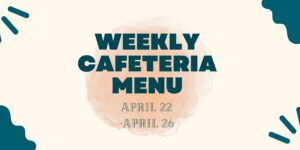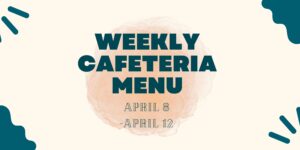Last updated on January 30, 2018
By Lauren Whitaker
Because flu and cold seasons are here, there are certain tips and procedures students should practice to prevent obtaining and spreading the cold and flu.
“The single most important way to prevent flu is to get vaccinated every year,” said James Mills, nurse practitioner.
The flu vaccination does not guarantee a person will not contract the flu, but it does lower a person’s risks. It is possible the flu vaccine may not match up with the flu viruses circulating where a person lives, according to thisisinsider.com.
If a student gets vaccinated and still becomes infected, the vaccine will lower the possibility of further complications, like pneumonia, according to thisisinsider.com.
“Wash your hands, and if soap and water are not available use an alcohol-based hand sanitizer that contains at least 60 percent alcohol,” Mills said.
When a person is sneezing or coughing, they should cover their mouth with a tissue or the crease of their elbow, according to Mills.
“Fever is a very common symptom of influenza. However, there are many others,” Mills said. “A fever greater than 100.4 is an indicator to see your local health provider.”
Other flu-like symptoms include chills, cough, congestion, headache, runny nose, fatigue, and muscle aches.
It is important to stay home from work or school to heal if a person expresses any of these symptoms.
Most people who get the flu will have a mild illness that will not require hospitalization or antiviral drugs. The recovery period typically lasts less than two weeks, according to cdc.gov.
Further complications from the flu virus can ensue in certain people who get the virus. Complications can include, but are not limited to, pneumonia, bronchitis, sinus infections, and ear infections, according to cdc.gov.
Seasonal influenza viruses can be detected year-round, but the fall and winter seasons see the most cases of this virus, according to cdc.gov. Between December and February, the virus peaks.




Comments are closed.